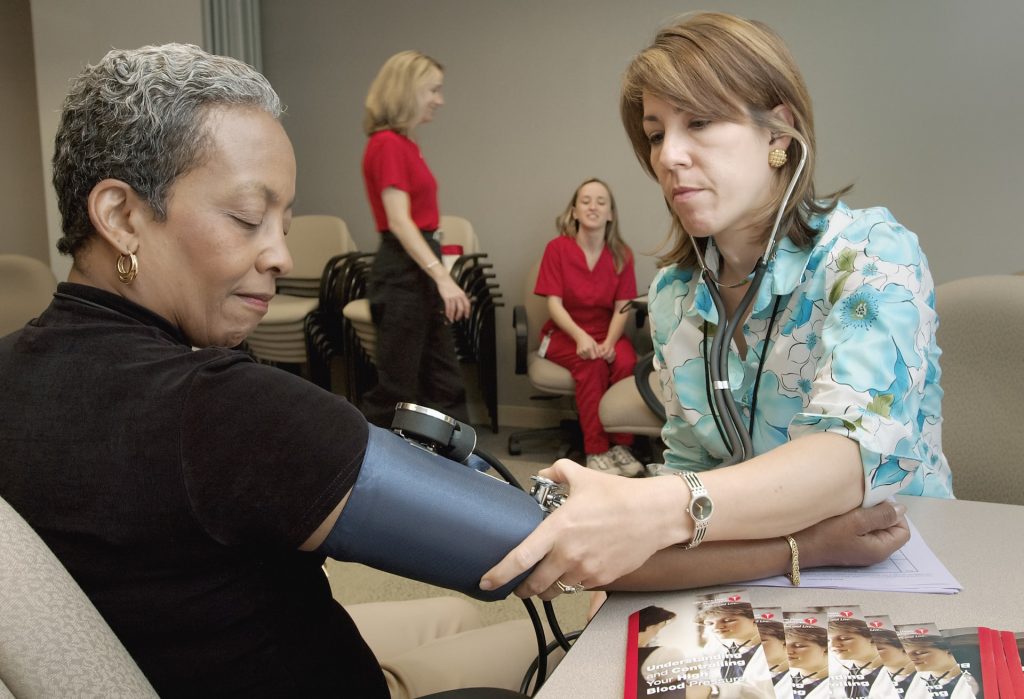
A study reported in the latest issue of Nature has shown that some molecules previously used to treat hypertension might also help the immune system to better target cancer cells. The researchers believe that these findings could eventually be applied to significantly improve the effectiveness and applicability of cancer immunotherapy.
“Immunotherapy today can effectively fight only 30% to 40% of cancers,” said Benoît Van den Eynde, at the Ludwig Institute for Cancer Research, co-director of the de Duve Institute and professor of Tumour Immunology at the University of Oxford. “Many cancers are resistant, largely because their T lymphocytes are not reactive enough. We discovered that drugs once used to treat hypertension could have a very interesting effect in combating these forms of immunotherapy-resistant cancers.”
T lymphocytes are active components in the immune system, recognising and destroying cells that appear foreign. Cancer cells, however, are not foreign and are therefore often not recognised and attacked by T lymphocytes. But about thirty years ago, Thierry Boon and his colleagues at the former Brussels Branch of the Ludwig Institute for Cancer Research at the de Duve Institute discovered specific markers on the surface of cancer cells – tumour antigens – that can be recognised by T cells that then destroy the cancerous cells.
This work paved the way for cancer immunotherapy, a treatment approach that helps T cells destroy cancerous cells. Thanks to T cells’ specificity and memory of tumour antigens, immunotherapy makes it possible to treat advanced cancers with some success. It is now used worldwide. However, such therapies are not equally effective in all patients or against all types of cancer.
In the current study, a team led by Jingjing Zhu in Van den Eynde’s laboratory shows that anti-hypertensive drug-molecules known as α2-adrenergic receptor (α2AR) agonists also influence the behaviour of macrophages. While doing that job, macrophages also alert T cells of any abnormalities they encounter, presenting suspicious antigens to the cells to trigger a possible immune response.
Zhu, Van den Eynde and colleagues discovered that alongside their known hypotensive and anaesthetic effects, α2AR agonists can also stimulate macrophages in their role as sentinels, making T cells more reactive and more effective at rejecting cancer cells. The effect extended, most notably, to cancer models that are resistant to standard immunotherapy. This suggests the new approach could boost the efficacy of clinical immunotherapy, even for the many types of cancer that are largely unresponsive to such interventions.
These findings also present a rationale for the development of new molecules that might be used in combination with immunotherapy to improve its efficacy.
“One could imagine using existing blood pressure-lowering drugs,” said Van den Eynde. “But that would be quite risky, owing to the undesired effects and the toxicity of these drugs at the necessary doses. Another approach would be to develop new molecules that would act in the same way on macrophages but would not have the unwanted toxic effects. We have already made significant progress in this direction.”
Source: Ludwig Cancer Research

